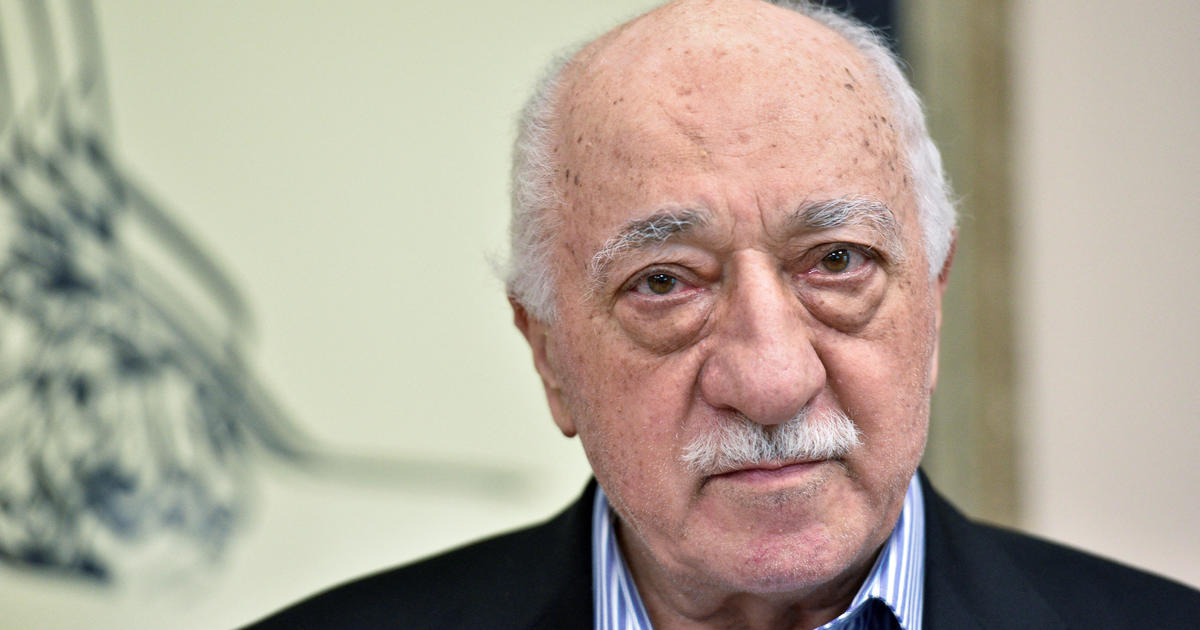Fethullah Gülen, a prominent Islamic cleric and influential figure who led a global movement, passed away. His life was marked by a complex and controversial legacy, encompassing both widespread admiration and severe accusations. His death brings a close to a chapter in Turkish and international politics characterized by significant upheaval and lasting impact. His movement, Hizmet (“service”), fostered education and interfaith dialogue while facing accusations of orchestrating a coup attempt, leading to a vast crackdown in Turkey and enduring debate about his true intentions and influence.
The Life and Teachings of Fethullah Gülen
Early Life and Rise to Prominence
Fethullah Gülen, born in 1938 (or possibly 1941, according to differing accounts), began his life as a modest imam in Turkey. His teachings, however, resonated deeply with many. He promoted a blend of Sufism, a mystical branch of Islam, with a modern, progressive outlook, emphasizing the importance of education, science, and interfaith dialogue. This unique combination appealed to a vast number of Turks seeking to reconcile their Islamic faith with Western values. Gülen’s philosophy attracted followers across diverse socioeconomic and educational backgrounds, resulting in a widespread network of support. His emphasis on tolerance and service, rather than outright political advocacy, shaped his public image and laid the groundwork for Hizmet. The apparent ease with which he could bridge apparently disparate ideologies led to an enormous expansion of his following both within Turkey and globally. His early career was marked by significant educational contributions.
Building a Global Network
Gülen’s movement, often referred to as Hizmet, rapidly expanded beyond Turkey’s borders. Over decades, his followers established a vast network of educational institutions, charitable organizations, businesses, and cultural centers spanning more than 100 countries. The United States saw the growth of numerous charter schools, often praised for their educational contribution. His success demonstrates his ability to connect with followers worldwide, irrespective of language, religious affiliation or socioeconomic situation, and establish an extensive and robust infrastructure through which his teaching were propagated. This expansive influence played a crucial role in both his subsequent success and, conversely, contributed significantly to the concerns raised and the accusations made regarding his true goals and affiliations. This wide ranging and well-structured network enabled his ideology to reach a truly global level and led to many decades of complex influence on both domestic and foreign events and ideologies.
The Allegations and Crackdown
The 2016 Coup Attempt and its Aftermath
The year 2016 marked a turning point in Gülen’s life and the fate of his movement. A failed coup attempt in Turkey led to accusations that Gülen orchestrated the event, a claim that he vehemently denied. This event triggered a widespread and harsh crackdown by the Turkish government. The government accused him of creating a “parallel state” within the military, police, and judiciary. Tens of thousands were arrested, imprisoned, and faced loss of employment as part of a vast investigation linked to Gülen’s movement. The events in Turkey have deeply divided opinion and continue to generate debate, even following Gülen’s death. Despite numerous denials by those affiliated with his network, the events following the attempted coup still significantly overshadow Gülen’s teaching of tolerance and interfaith harmony.
International Fallout and the U.S.
Turkey aggressively sought Gülen’s extradition from the United States, where he had resided since 1999. However, the U.S. government did not provide sufficient evidence for extradition. His case became a point of contention in U.S.-Turkey relations, highlighting the political and legal complexities surrounding the accusations. The U.S., however, held a position which prevented a swift and unambiguous judgement. The U.S.’ failure to provide conclusive evidence against Gülen ultimately prevented any attempt at legal prosecution of the case, further highlighting the significant debate regarding his culpability in the events of the attempted coup. The lack of concrete evidence has provided further ground for doubt and fueled accusations against the U.S. authorities of actively supporting and implicitly endorsing his movement.
Gülen’s Legacy and Lasting Impact
A Divided Perception
Gülen’s legacy remains highly contentious. Supporters view him as a champion of education, interfaith dialogue, and moderate Islam. They point to the positive contributions of Hizmet’s educational institutions and charitable work. Critics, on the other hand, accuse him of forming a clandestine network intent on undermining secular governments. The accusations, stemming from the 2016 coup attempt and the subsequent crackdown, raise questions about his true influence. These conflicting narratives have polarized opinions and divided viewpoints regarding his significance and the implications of the wide-ranging implications of his life and work. His death does little to clarify or bring any form of resolution to this deeply divided perception and conflicting opinion.
Continued Debates and Implications
The death of Fethullah Gülen does not signal the end of the ongoing debate surrounding his actions, his teachings and his network. The repercussions of his activities and influence will likely continue to be felt for years to come, both within Turkey and internationally. The controversy surrounding his legacy will almost certainly outlast the lifetime of the person himself. This will result in continuous scrutiny and debate on his work and network’s global and Turkish influence.
Takeaway Points
- Fethullah Gülen’s death concludes a life and career marked by significant achievements and controversies.
- His movement, Hizmet, built a widespread network of educational institutions and charitable organizations.
- Accusations surrounding his alleged role in the 2016 Turkish coup attempt resulted in a major crackdown on his followers.
- Gülen’s legacy remains deeply divided, with contrasting views from supporters and critics alike.
- The debates and implications of his life and work will undoubtedly continue into the future.









